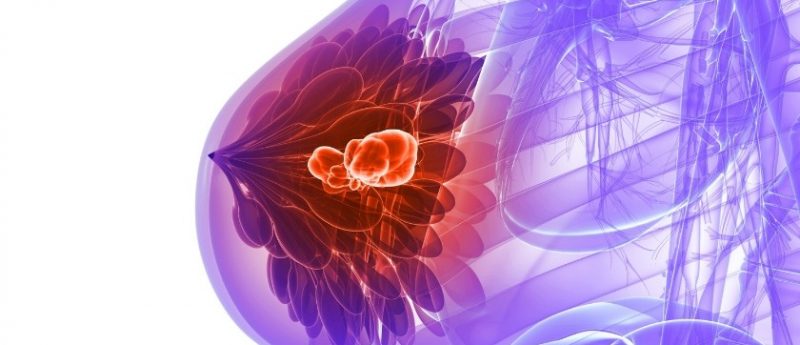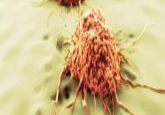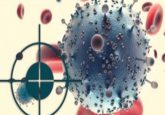Tetraiodothyroacetic acid-conjugated PLGA nanoparticles: a nanomedicine approach to treat drug-resistant breast cancer

Aim: The aim was to evaluate tetraiodothyroacetic acid (tetrac), a thyroid hormone analog of l-thyroxin, conjugated to poly(lactic-co-glycolic acid) nanoparticles (T-PLGA-NPs) both in vitro and in vivo for the treatment of drug-resistant breast cancer. Materials & methods: The uptake of tetrac and T-PLGA-NPs in doxorubicin-resistant MCF7 (MCF7-Dx) cells was evaluated using confocal microscopy. Cell proliferation assays and a chick chorioallantoic membrane model of FGF2-induced angiogenesis were used to evaluate the anticancer effects of T-PLGA-NPs. In vivo efficacy was examined in a MCF7-Dx orthotopic tumor BALBc nude mouse model. Results: T-PLGA-NPs were restricted from entering into the cell nucleus, and T-PLGA-NPs inhibited angiogenesis by 100% compared with 60% by free tetrac. T-PLGA-NPs enhanced inhibition of tumor-cell proliferation at a low-dose equivalent of free tetrac. In vivo treatment with either tetrac or T-PLGA-NPs resulted in a three- to five-fold inhibition of tumor weight. Conclusion: T-PLGA-NPs have high potential as anticancer agents, with possible applications in the treatment of drug-resistant cancer.
Click here to view full article.





